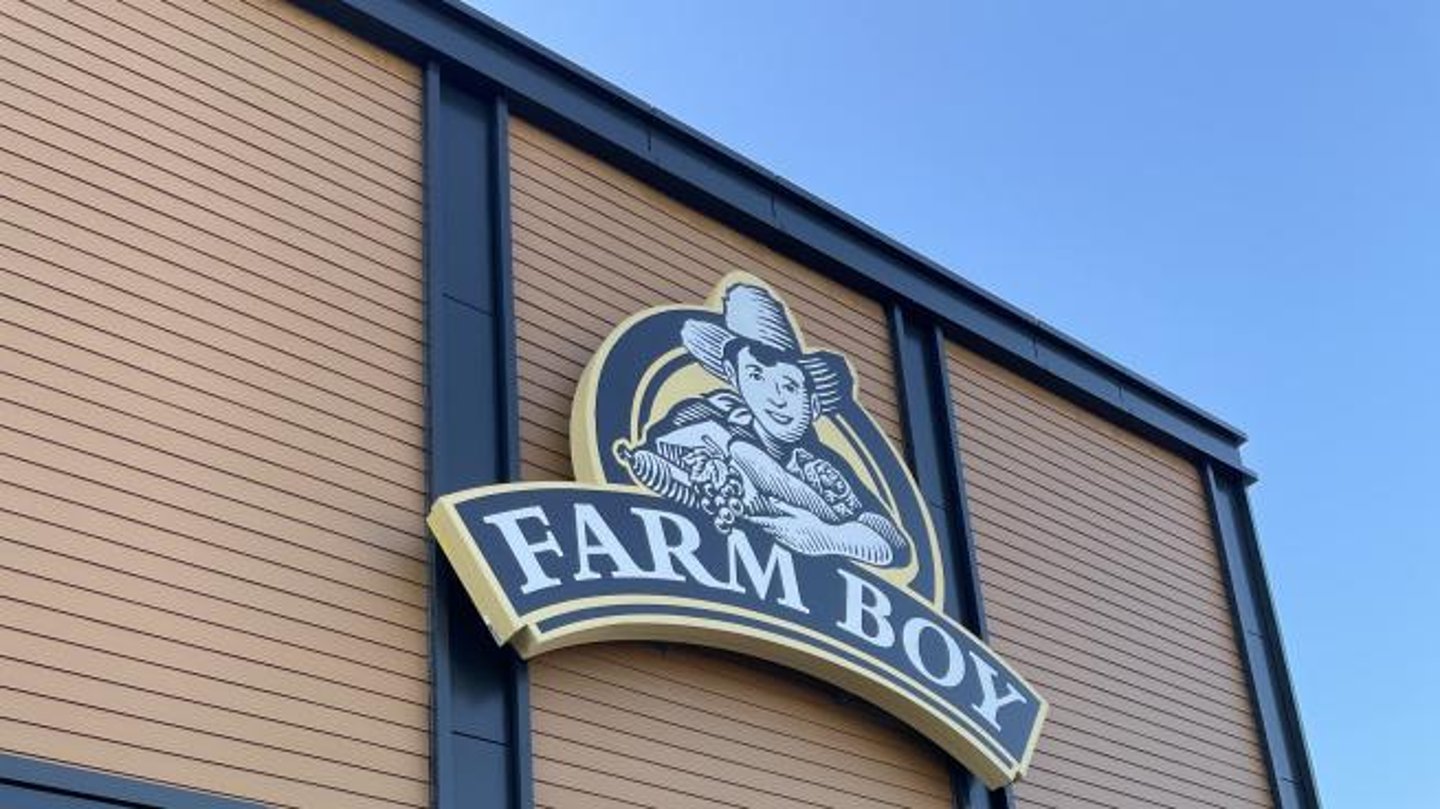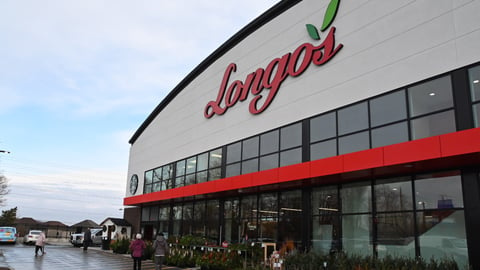Sobeys parent company Empire to open more new stores next year
As its competitors rapidly grow their store networks, the parent company of Sobeys is taking a “measured” approach, its CEO said.
“Most of our competitors are pretty rational players, and they're making what they think are smart decisions, and we'll have to see whether some of them are too aggressive or not aggressive enough,” Michael Medline told investors Thursday (Dec. 12). “We try to put up stores that make money and have good returns and we'll continue to do that.”
The president and chief executive of Stellarton, N.S.-headquartered Empire Co. Ltd. said the company is expanding its Farm Boy and Longo’s banners in Ontario, as well as its discount FreshCo chain in Western Canada and Ontario.
“You'll see double the number of new stores next year. And we're particularly bullish on the province of Quebec, we're particularly bullish on Farm Boy and Longo’s,” he said.
Medline promised “many” new Farm Boy and Longo’s stores over the next several years.
“We're incredibly pleased with the progress of both those banners in Ontario… We have so many opportunities to put up and even convert some of our stores to Farm Boys,” he said.
Empire plans to invest $700 million in its network in fiscal 2025. It also aims to renovate around 20% to 25% of its network between fiscal 2024 and 2026.
That includes reaching a 65-store milestone for FreshCo in Western Canada by 2027. As of Dec. 11, there are 48 FreshCo’s in the region.
“We always are looking for opportunities to put stores up where we can make a lot of money and serve our customers and take market share from our competitors. So you'll see more FreshCo stores going up in Western Canada and Ontario,” Medline said. “What we're we're seeing right now is, we can renovate stores at a lower cost and get a really good return, and we'll take the capital that we were spending on renovations and put up new stores in geographies where we don't have coverage, where we can take market share and where we can thrill the customer—and you're going to see that across pretty well all of our banners across Canada in a measured, smart way that's good for our shareholders.”
On the company’s second quarter earnings call, Medline said Empire is seeing consumer sentiment improve as inflation moderates and interest rates drop.
The executive doubled down on previous comments regarding the closing gap between discount and full-service grocery stores, a shift that would benefit Empire’s business.
“For the fourth quarter in a row, we continue to see the gap between full-service and discount same-store sales closing,” he said. “We said this last quarter, and I'll say it again: we believe this will be advantageous to us as we continue to lean into our strengths as a full-service foremost grocer.”
In response to consumers’ search for value, Canada’s major grocers have been growing their discount offerings.
Notably, Loblaw Cos. Ltd.’s No Frills banner has added a number of new stores in 2024—recently opening its 300th location. Loblaw also recently began piloting three ultra-discount No Name stores in Ontario.
In November, Ontario and Quebec grocer Metro said it plans to open a dozen new discount stores in 2025.
“I honestly am having trouble reconciling some of the statements being made out there with what we're seeing,” Medline said, noting that the economy is gradually improving. “So there is a confusion. But you know, whenever there's an inflection point, things change, some people are behind the curve.”
READ: Retailers are betting on discount. Will the momentum last?
Empire reported net earnings of $173.4 million ($0.73 per share) for the second quarter of fiscal 2025, compared to $181.1 million ($0.72 per share) last year.
Adjusted net earnings were $173.4 million ($0.73 per share) compared to $178.3 million ($0.71 per share) last year.
Same-store sales, excluding fuel, increased by 1.8%.
Sales totalled $7.78 billion for the quarter, up from $7.75 billion last year.




